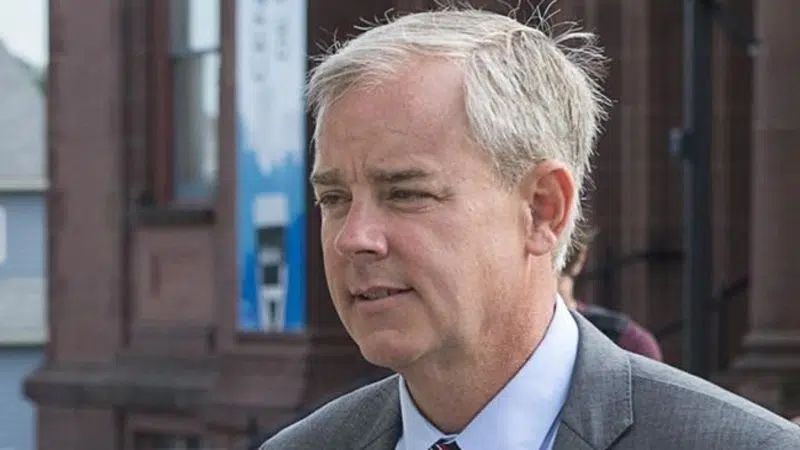
Saint John police chief says Oland murder investigation no longer active
FREDERICTON — The Saint John Police Force said Wednesday it is not actively investigating the 2011 killing of multi-millionaire businessman Richard Oland despite last month’s acquittal of Oland’s son on a charge of second-degree murder in the case.
Police Chief Bruce Connell made the statement the day after New Brunswick’s Public Prosecution Services announced they will not appeal Dennis Oland’s acquittal.
Dennis Oland was charged in the bludgeoning death of his father in Saint John, N.B. He spent close to a year in prison after being convicted by a jury in 2015. That verdict was overturned on appeal in 2016, and his second trial before judge alone resulted in a ruling of not guilty July 19.
Justice Terrence Morrison of the New Brunswick Court of Queen’s Bench found that Crown prosecutors failed to prove their case against Oland beyond a reasonable doubt.


